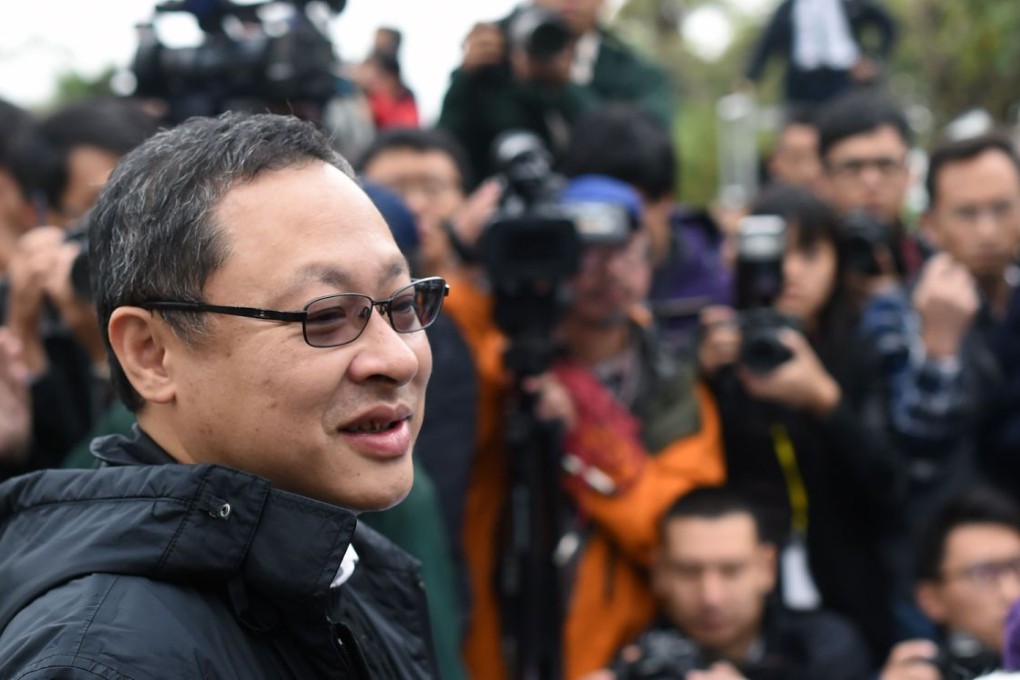My Take | Talking past each other on injustice in Hong Kong
Some people argue breaking the law as an act of civil disobedience, such as what legal scholar Benny Tai Yiu-ting has advocated, undermines the rule of law.

Some people argue breaking the law as an act of civil disobedience, such as what legal scholar Benny Tai Yiu-ting has advocated, undermines the rule of law. Others say that's nonsense: if the law or the system itself is unjust, challenging it becomes a moral duty. To challenge an unjust law or system amounts to upholding justice and the rule of law.
The people who support the former stance are usually the conservative pro-establishment types, while those who support the latter are often pro-Occupy or pro-democracy. As a principle, I believe in the moral duty argument, which is what Tai and his pan-democratic allies have been arguing to justify mass protests and resistance.
Where I differ from them is whether their total resistance, rejection and opposition is proportionate to the levels of injustice that actually exist in our society (a socio-economic problem) and in our political system (a government problem). When we talk about the rule of law and justice, we often conflate all these issues, so we are effectively talking past each other.
Tai has repeatedly cited "injustice" as the reason for the need to take action. He has described "injustice in society", "injustice in the law and the legal system" and most recently this week, "an unjust system", which presumably refers to our political system, which above all, does not allow what pan-democrats call "genuine universal suffrage". For Tai, we clearly suffer injustice with a capital I. Others, including some government and pro-Beijing figures, tacitly acknowledge smaller injustices such as the wealth gap, business dominance, poor governance and lack of opportunity and upward mobility for young people.
All social and political systems contain some injustice and unfairness because they are all imperfect. Some systems evolve and self-correct. Others are so unfair, unjust and oppressive that almost any type of resistance, including violent overthrow, would seem justified. There is injustice with a capital I and injustices with a small i. We are all biased. But as responsible citizens, we should at least try to reason with ourselves whether our response should be acceptance, reform or rejection of our socio-political systems. Fighting an injustice sometimes results in worse injustices.
